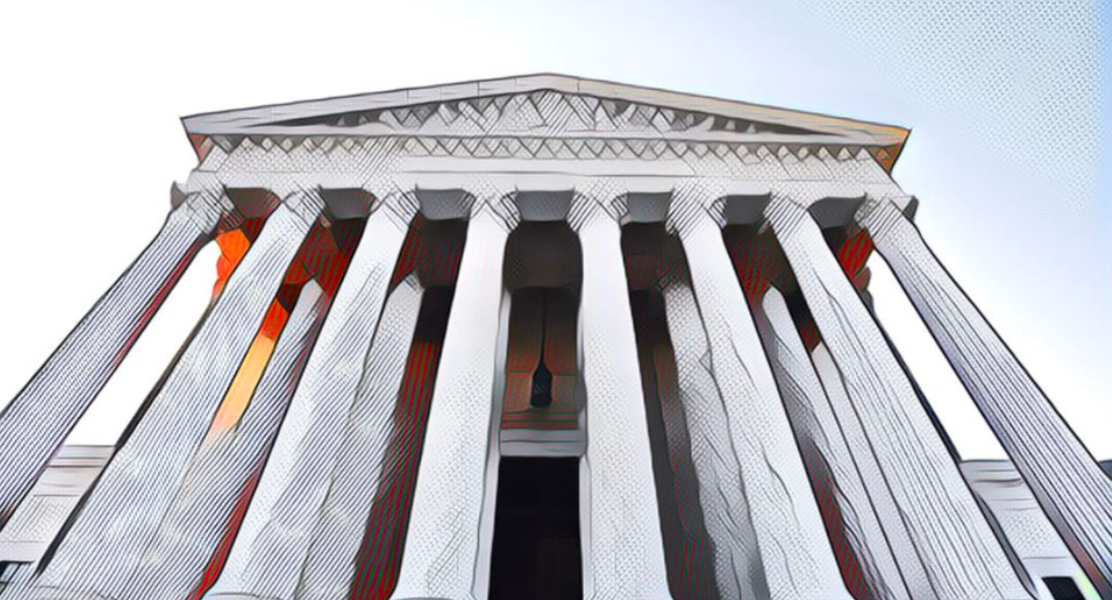Unanimous Supreme Court decision focuses on definition of ‘religious purposes’ in giving exemption to Catholic Charities Bureau

It’s not every day we get a 9-0 decision in a church-state case, but that’s what the Supreme Court handed down last week.
In its unanimous decision in Catholic Charities Bureau v. Wisconsin Labor & Industry Review Commission, the Supreme Court said that Wisconsin’s denial of a religious exemption under the state’s unemployment compensation laws violated the First Amendment rights of Catholic Charities Bureau.
The ruling overturns a decision by the Wisconsin Supreme Court, which found that Catholic Charities was not “operated primarily for religious purposes” – as required by statute for an exemption. The court below had looked to factors including whether the entity proselytizes or limits its services to Catholics. The Wisconsin court found that without those elements the services provided were akin to those provided by secular nonprofits and thus not eligible for the exemption from the state’s unemployment laws.
That definition of “religious purposes” as applied in this case, the U.S. Supreme Court explained, is too narrow and discriminates between different faiths and faith perspectives in violation of the First Amendment’s requirement that government maintain religious neutrality.
In the opinion of the Court, Justice Sonia Sotomayor writes:
Put simply, petitioners could qualify for the exemption while providing their current charitable services if they engaged in proselytization or limited their services to fellow Catholics. Petitioners’ Catholic faith, however, bars them from satisfying those criteria. Catholic teaching, petitioners say, forbids “‘misus[ing] works of charity for purposes of proselytism.’” It also requires provision of charitable services “without making distinctions ‘by race, sex, or religion.’”…
Wisconsin’s exemption, as interpreted by its Supreme Court, thus grants a denominational preference by explicitly differentiating between religions based on theological practices.
BJC General Counsel Holly Hollman responded to the decision:
“The Court’s ruling affirms that religious exercise includes service-based ministries, not just worship or proselytizing. That recognition strengthens legal protections for diverse forms of faith in public life — a principle BJC has long supported.
Still, accommodations must be carefully drawn. If states cannot set reasonable limits, they may respond by offering fewer exemptions. Religious liberty is best secured when accommodations are tailored, fair, and sustainable. Today’s decision should be understood in that light.”
Hollman and BJC Executive Director Amanda Tyler talked in-depth about the decision in today’s new episode of the Respecting Religion podcast, which you can listen to on your favorite podcasting platform or at this link.
You can read the entire decision on the Supreme Court’s website. It includes concurring opinions from two justices. Justice Clarence Thomas argued that Catholic Charities should not even be seen as an entity separate from the Catholic Church, and Justice Ketanji Brown Jackson contended that the “primarily for religious purposes” prong of the Federal Unemployment Tax Act refers to “what an entity does, not how or why it does it.”




